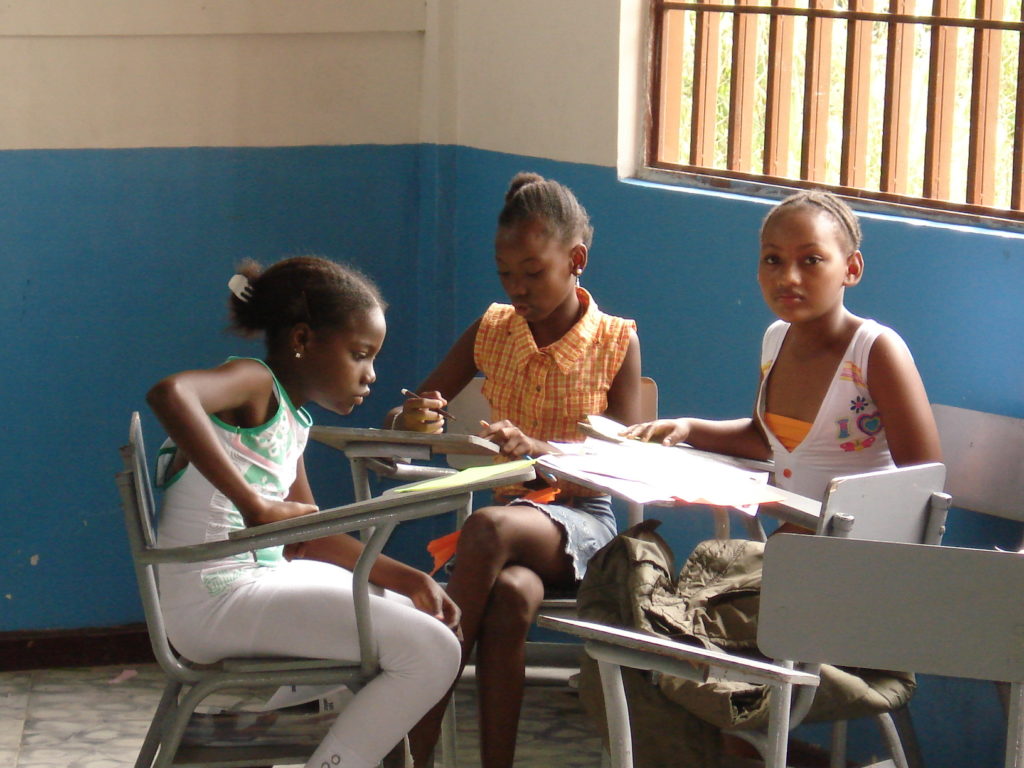According to Niels Bohr, “The opposite of a small truth is always a false statement; However, can the opposite of great truths be considered true?This prayer illustrates how society often maintains a number of “great truths. “that contradict each other. This phenomenon is called “antinomies”, which are two truths that, while seem to be correct claims, contradict each other. In this article we will talk about 3 contradictions or contradictions in education.
Analyzing these contradictions in education helps us to greatly understand the principles that govern the system and its inconsistencies, allowing us to see the conflict between what we think it is, what we would like it to be and what it is. These three states result in a series of contradictory statements to reconcile these discrepancies.
- The three main contradictions in education are: (a) development education against education for culture.
- (b) intrapsiquical learning against situational learning and (c) local knowledge against social knowledge.
- Next.
- We will develop each of these antinomies in detail.
The first of the contradictions of education revolves around its own objectives. If we question their purposes, we will find many answers that will tell us that it is the personal development of the individual; that is, to reach its full potential and thus achieve a global development of society. In addition, another objective that serves the education system is to immerse/incorporate the individual into their own culture; because school is not only based on instruction, it also teaches a way of being and behaving.
While it may seem that personal development and the transmission of culture are not contraposed objectives, they actually have irreconcilable aspects and the problem arises when a culture is not only transmitted, but different associated objectives, such as political or economic ones, are also transmitted.
For example, a capitalist and industrialized society is based on a very powerful workforce and a populous middle class, so it is normal for the education system to focus on the qualification of unskilled and semi-skilled workers, conveying culture society remains stable and personal development-based education would make culture unstable , as it could bring about social change.
This contradiction exists because the majority of the population wants to develop and increase their intellectual potential. On the other hand, established culture is always a kind of “safe haven” because it gives us security and a sense of control. Culture and development bring us pleasure and satisfaction, antinomy is the attempt to have both. On the other hand, the search for both objectives makes the education system ineffective and has many errors. This raises the question of what we really want for education.
Another big contradiction in education is the way children learn and are evaluated. Is there a strong tendency within the education system to rank children according to their performance (qualifications, class mentions, comparisons?). This projects the idea that it is the child with his or her skills that benefit from the school’s resources. On the other hand, we also believe that learning is situational, we think it will be easier for children to use school resources if the environment helps them.
Here, the contradiction is more complex. Appointing the child and the context as responsible for learning is a mistake. Of course, both factors will influence children’s education, but taking one or the other radically would completely change education policy.
If we rely on children’s learning, the most logical thing is to provide resources based on their needs, these requirements will depend not only on their ability, but also on their motivation, which in one way or another will be the directors of their own learning. On the other hand, if we look at situational learning, perspective will change and it will be the educational context that will guide learning.
Our education system acts from both points of view, leading, as in the previous antinomy, to inefficiency and inconsistency. Choosing one position or another can be very dangerous because of the political and economic context surrounding education; that’s where this contradiction comes from. Should research and scientific study be ours?Guide? When we try to find a break-even point.
The last of the contradictions in education is perhaps also the least explicit of the educational debate; this antinomy revolves around how to judge ways of thinking, giving/assuming meanings and living the world; if we take a constructivist point of view, we will find relativism, since reality is built by an interpreter.
On the one hand, do we have this? Great truth? That local knowledge is legitimate in itself. On the other hand, we advocate a global confluence in the interpretation of reality. These two statements are in opposition, because if we seek global knowledge, we are not going to limit the local knowledge of small societies. and groups.
This is a complicated debate, as each population or society has developed its local knowledge by the time and context in which it lives, bringing security and control, on the other hand, global knowledge provides us with a framework of universal action that can be very useful in promoting cooperation; although it presents serious dangers, it is essential, as with other antinomies, an in-depth analysis and study that tells us what is the best solution to this contradiction.

